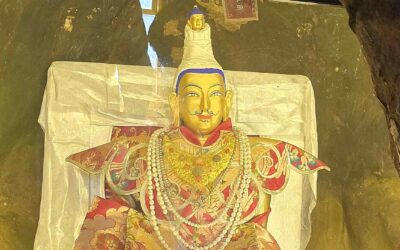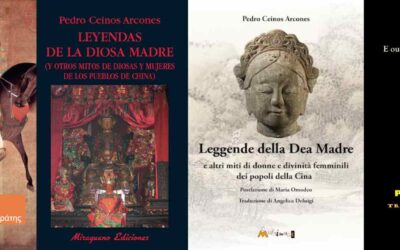Gu illness resulted from a contamination by gu poison, which a recent analyst has characterized as “an alien evil spirit which entered [the] body and developed into worms or some similar animal that gnawed away at the intestines or genitalia.” This poison was thought to be picked up in damp and humid wetlands, and after a considerable incubation period, it would cause severe symptoms, including derangement and debauchery, ending in death. …As it turns out, the gu itself was produced from the sexual secretions of men and women engaged in lascivious and incestuous intercourse, or from the similar secretions of various insects and animals purposely cultivated by a person with the intention of poisoning another. These and other accounts point to an origin of gu in an abnormal and degenerate intensification of the emotions, and N. H. van Straten has persuasively argued for a connection with the transgression of taboos on sexuality and aggression: This gu poison and various related aspects can be considered to represent an intensified materialization of the various notions which centered on fear of the instincts as causes of disorder. In theory this disorder was believed to be the natural concomitant of disturbed sexual relationships and the overt expression of aggression that had been dormant for a long time. In practice this meant the repression of the instincts in order to cut out potential sexual and social conflicts; and the psychological problems that arose from this demand are concreted in the concepts of gu poison.
Davis, Edward L. Society and the supernatural in Song China. 2001 University of Hawai‘i Press. P. 90
Last posts
Drak Yerpa: The Tibetan Cliffs of Meditation
Drak Yerpa: The Tibetan Cliffs of Meditation A visit to the cliffs of Drak Yerpa, about 30 kilometers from Lhasa, not only offers a glimpse of the beauty of the Tibetan landscape and some rural settlements near the capital, but also gives us the chance to explore one...
Great Taoist magician Liu Zheng
Great Taoist magician Liu Zheng Liu Zheng was a native of Pei[1]. Endowed with extraordinary talent and vast learning, he left no branch of knowledge unexplored. Profoundly reflecting on the human condition, he concluded that worldly honors and riches endure but a...
Legends of the Mother Goddess
Legends of the Mother Goddess I am pleased to share with all you that the Italian translation of my book Legends of the Mother Goddess (and Other Myths of Goddesses and Women from the Peoples of China) has now been published and is available for purchase. As many of...







